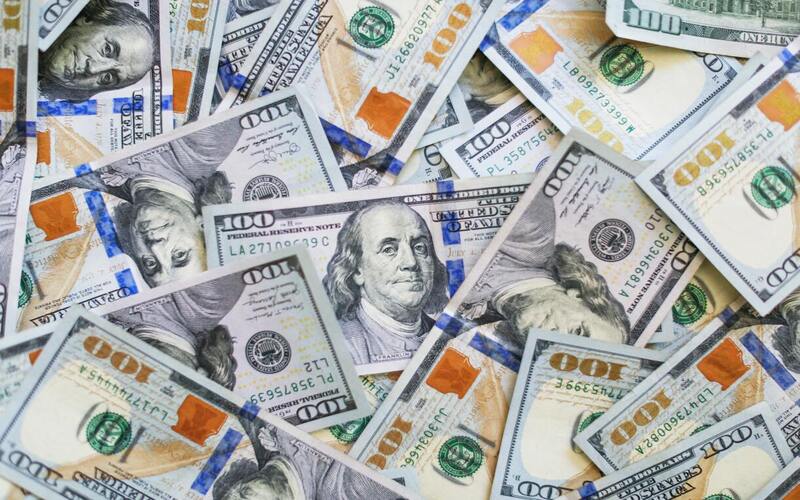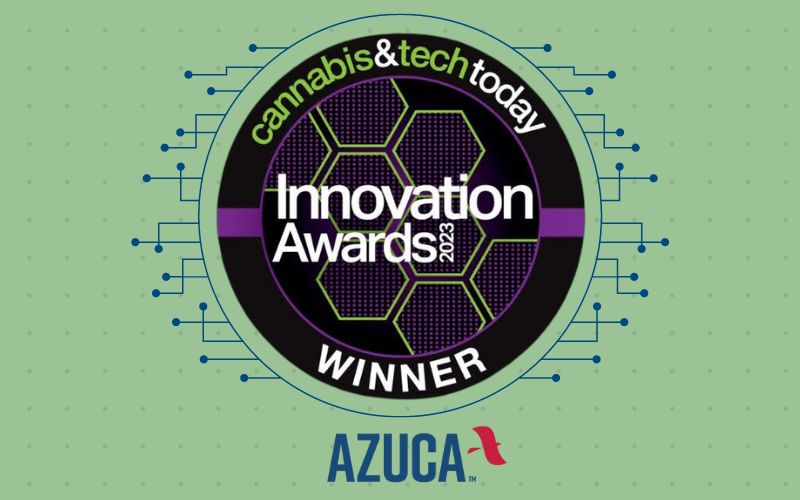Fun fact: the U.S. Government held a patent on certain cannabinoids for 16 years. The National Institute of Health (NIH) licensed certain pharmaceutical companies to use some of these patented materials. In the event those companies develop a successful drug from those materials, the NIH receives a percentage of sales.
To put it simply, the federal government profits from the sale of drugs derived from certain cannabinoids.
For example, GW Pharmaceutical created the epilepsy medication Epidiolex from cannabinoids patented by the NIH. Once approved, the drug could generate revenues upward of $2 billion a year. The NIH will receive royalties from each sale.
The NIH currently holds more than 4,000 patents. Of those, 93 contributed to the successful development of 34 FDA-approved drugs. Those licenses have generated nearly $2 billion in royalty revenue for the NIH since 1991 according to the U.S Government Accountability Office.
Patent No. 6,630,507 and Intellectual Property Rights
Receiving royalties for intellectual property is usually a positive thing. The NIH should profit from its intellectual property.
What’s odd about the way the NIH profits from its IP, is that the NIH is not required to disclose the amount paid to each individual researcher, or even who made the payment. This practice doesn’t adhere to open-record laws and has the potential for a conflict of interest.
This government entity could, for example, refuse to legalize certain substances it has a patent on, thereby ensuring it is the only entity that can profit from the substances.
Further, the NIH is responsible for making public health recommendations about pharmaceutical companies, medications, and other products.
If the NIH has a profit motive to recommend products, this is a conflict of interest for the American public.
Cannabis Patent Not the Only Case of Injustice
One notable example of an NIH conflict of interest took place in the last year with Dr. Anthony Fauci, director of the National Institute of Allergy and Infectious Diseases.
He received 23 royalty payments in 2021. OpenTheBooks.com requested all payment details from the NIH under the Federal Freedom of Information Act.
The NIH is slowly releasing the documents with key information deleted. Specifically, the NIH omitted how much Fauci was paid and who made the payments.
This lack of transparency provides opportunities for discrete payments to government entities from large pharmaceutical companies.
With Patent No 6,630,507, one could reason that since the NIH profits from drugs derived from cannabinoids, there is a profit incentive for the FDA to keep cannabis listed as a Schedule I narcotic.
If it is illegal for anyone else to create products derived from cannabinoids, the NIH can continue to monopolize the market and profit from medical cannabis.
Big Picture on Patent No. 6,630,507
If the government patented and profits from potential health benefits of certain cannabinoids, then cannabis does not fit the Schedule I Narcotic definition of having “no current accepted medicinal value.”
If cannabis were no longer a Schedule I substance, private individuals and public companies could work with the plant to create medications, depriving the NIH of income from Patent No. 6,630,507. By maintaing cannabis as a Schedule I narcotic and limiting the companies that can access medicinal cannabinoids, the NIH ensures it doesn’t have any competition.
The patent passed its last date for renewal in 2019. As such, the government still holds the patent but other entities are now legally able to use the patented cannabinoids. However, any products made require approval from the FDA, which still considers cannabis an illicit substance.
The National Cannabis Party Is Fed Up
The National Cannabis Party (NCP) has taken issue with this hypocritical treatment of cannabis.
In a recent statement, the NCP said, “Why would the Feds wish to tighten their grip on this concept while spouting fear against the same plant that they propose can help those in need? The answer more than likely lies in profit and corporate interests.”
In response, the NCP is launching a campaign to permanently deschedule cannabis and help elect pro-cannabis officials.
“Public outcry had great influence on creating awareness as to the injustice and outright hypocrisy of the patent being held. This allowed for The National Cannabis Party to publicly announce its intent to challenge the patent, as an Electoral Party on behalf of the people,” the NCP statement said.
NCP co-founder Damon Jackson told Cannabis & Tech Today, “The people of the flower built this House Of Cannabis. They demand their proper place in history, and their seat at the table in Washington.” Follow the movement at NationalCannabisParty.com.
Author
-
Ebby Stone is a freelance writer specializing in cannabis, with a focus on the innovators and businesses shaping the industry.







